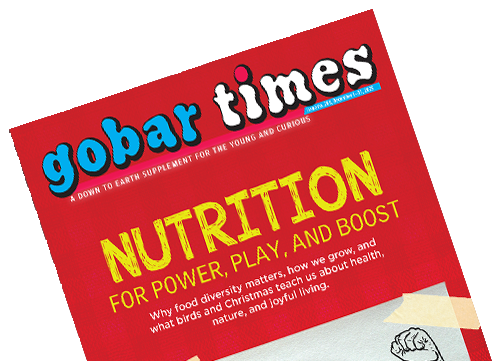
What kind of world will the younger generations inherit? Piu gets a hint.

The managment of silt washed down by the Himalyan rivers are key to mitigating flood risk in vulnerable regions across India There are different methods to manage silt load. Soil conservation methods like crop rotation, use of organic matter, contour cultivation and restricted land use are some of the recommended methods of silt managment, especially in the catchment areas of rivers.

What tigers eat and the space they occupy protects the health of their entire ecosystem.

Carrying water by trains could be an emergency measure. Chennai has a strong tradition of water harvesting. But the problem is that most of these structures are either defunct or poorly maintained. Chennai which had 19 major lakes covering an area of 1130 hectares. But these waterbodies have been heavily encroached upon reducing their spread to just about 645 hectares. Its time that we understand the importance of water harvesting.

The coastal state of Maharashtra has three major rivers and several lakes, making it one of the few states in India having a vast water bank. However, most of its water bodies, including the Godavari, Krishna and Tapti rivers, are so polluted that they look like nullahs or drains. Heard about the Jayanthi and Gomati nullahs of Kolhapur? Well, according to water conservationist Rajendra Singh, they were once a water source but today we call them nullahs.

Froth belongs inside our washing machines. So, what is it doing there on the surface of our water bodies? Water molecules prefer their own company, so they tend to stick together in drops. We call it surface tension. To make water wash better, we have to reduce its surface tension. The surfactants, that is, the surface active agents in detergents do the job.

A perfect activity to create art out of waste and unused paper

